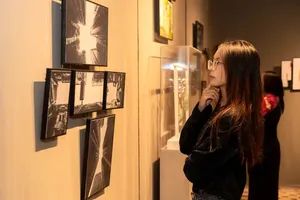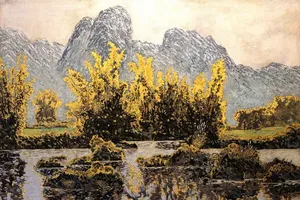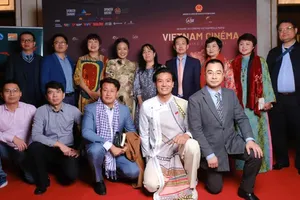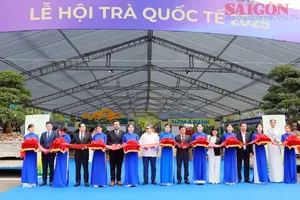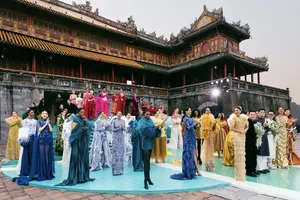The Mekong Delta province of Long An on February 15 and 16 held a festival for “Don ca tai tu”, a musical art in southern Vietnam that has officially become a recognised UNESCO Intangible Cultural Heritage of Humanity.
.jpg)
Known as a musical art that has both scholarly and folk roots, “Don ca tai tu” (amateur singing) developed in southern Vietnam in the late 19th century.
It has been transmitted from generation to generation through official and unofficial forms of education. “Don ca tai tu” has continually been popularised through cultural exchanges among peoples.
The art form is played on a variety of different instruments including both traditional instruments such as ty ba (pear-shaped lute), tranh (16-string zither), bau (monochord), sao (bamboo flute), and the western instruments of violin and guitar.
The event attracted the participation of more than 100 master instrumentalists, master lyricists, master singers, instrumentalists and singers from 11 bands across Long An and nearby localities such as Vinh Long province and Ho Chi Minh City.
On the fringe of the festival, the 20th of its kind held so far in Long An, a photo exhibition was organised featuring artisans who have devoted their lives to “Don ca tai tu”.
The art is performed at numerous events, such as festivals, death anniversary rituals and celebratory social occasions. The audience can join in performances by suggesting new words to be included in the songs.-VNA

